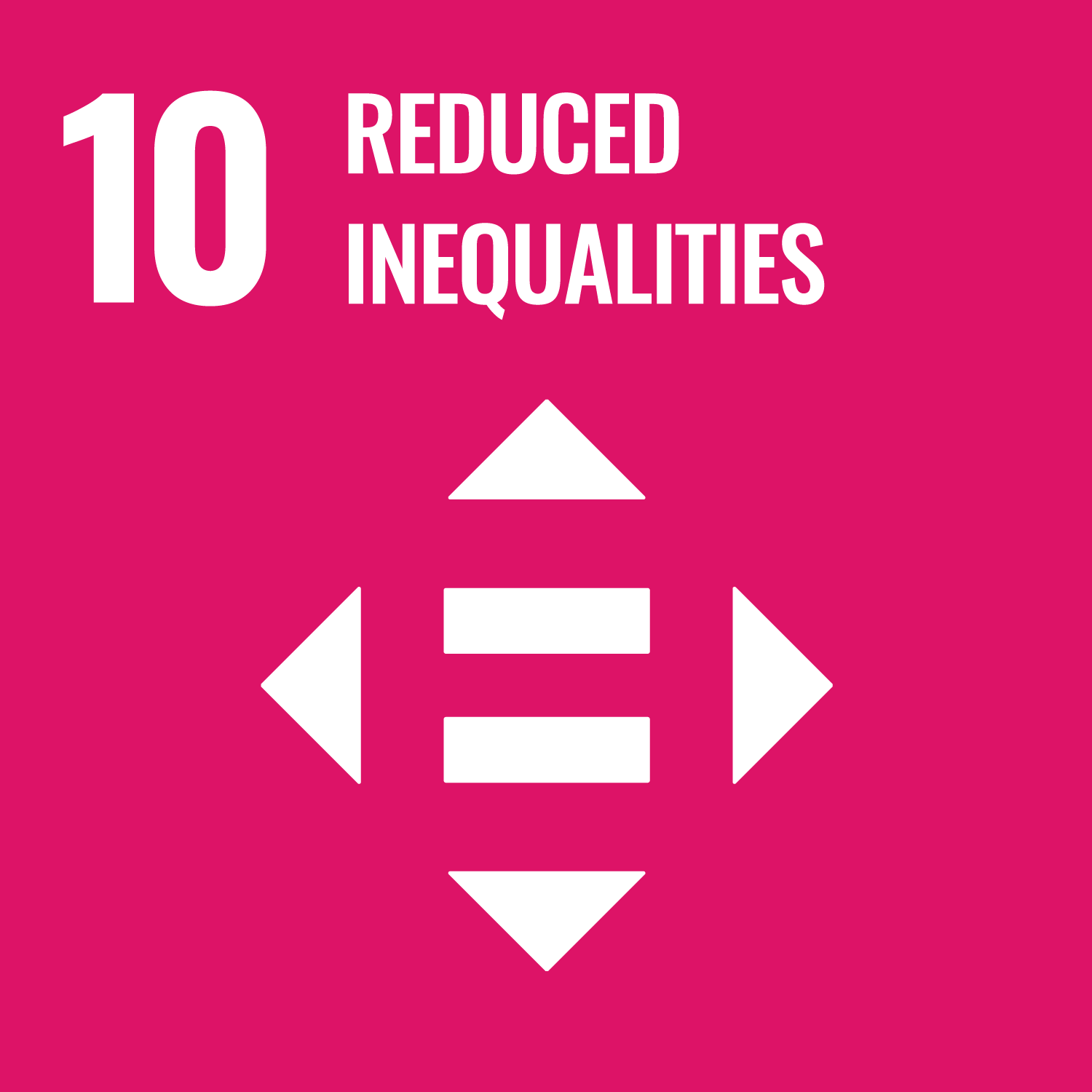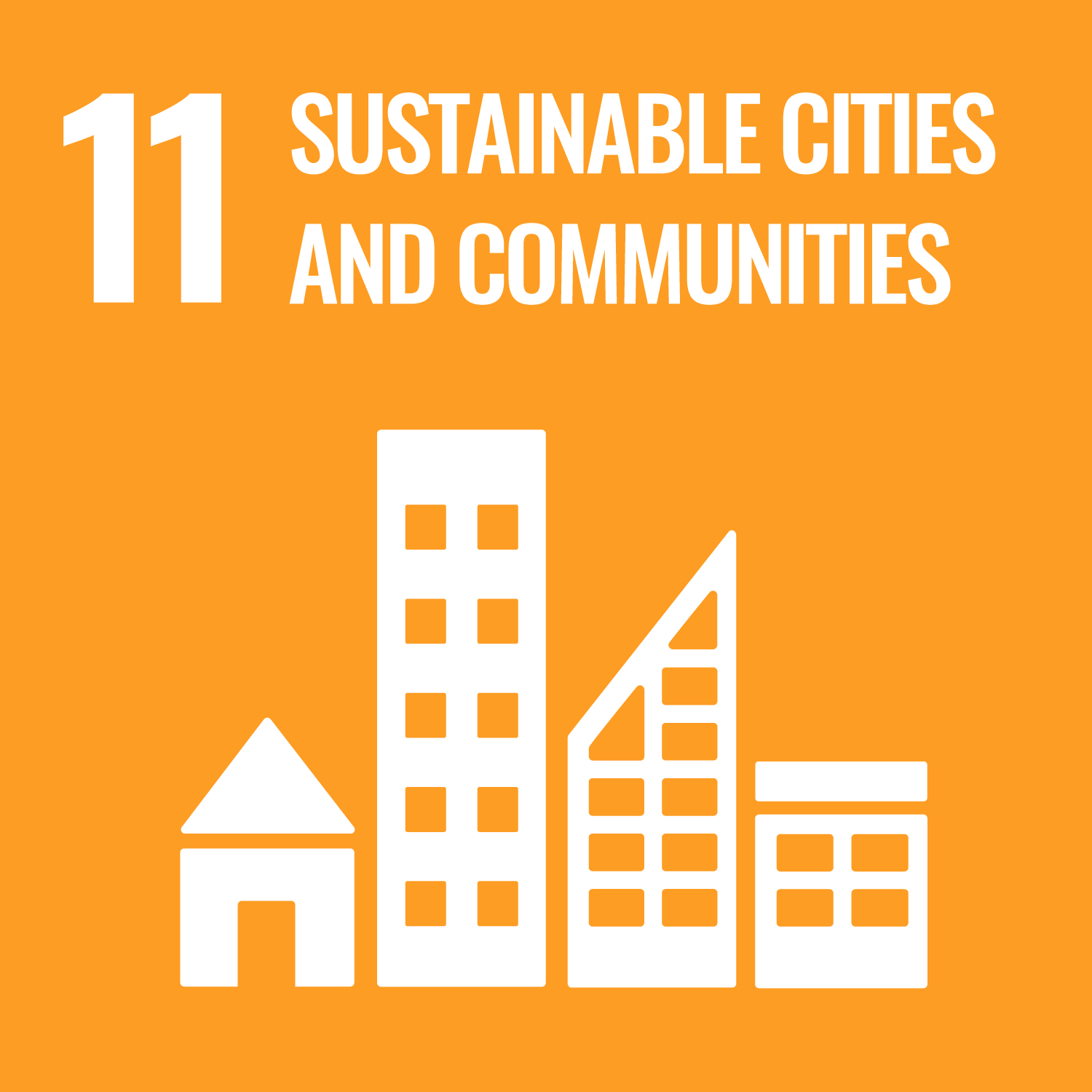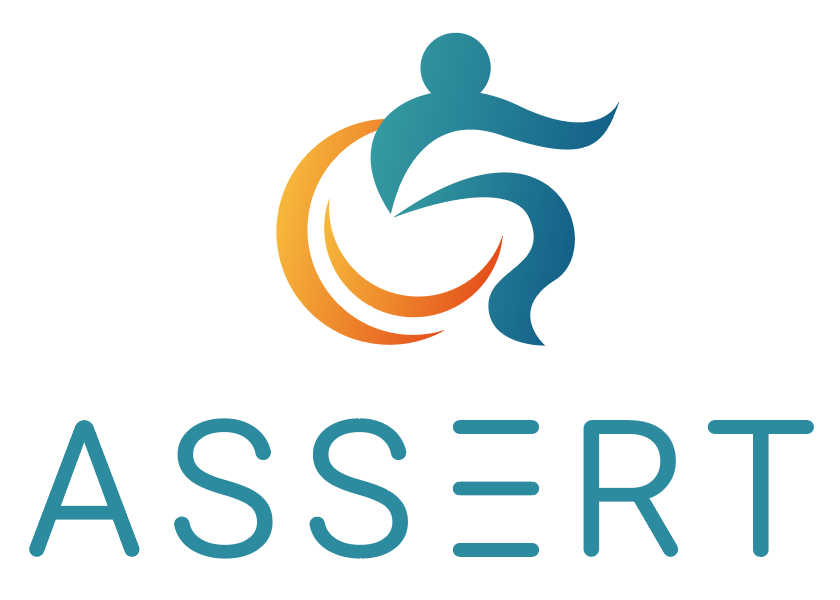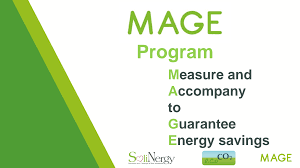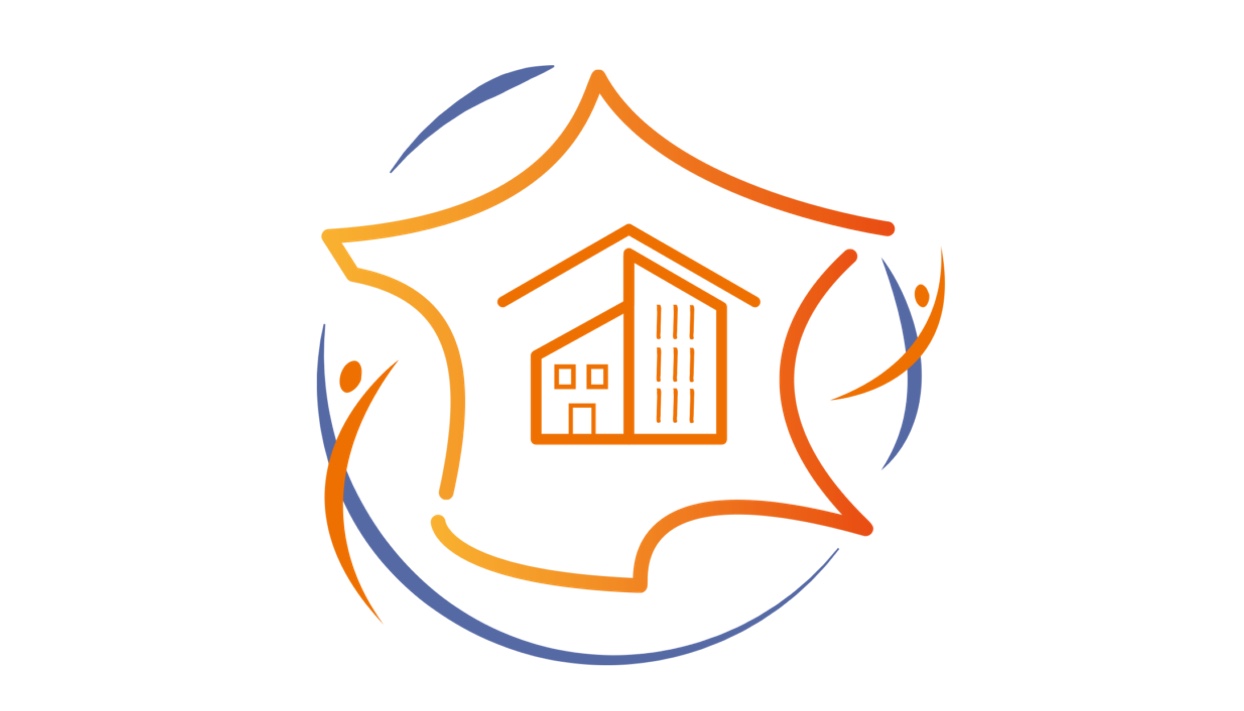Tackling energy poverty starts a positive cycle for residents in deprived areas that are often affected by several social issues. The Face-to-Face Energy Visits aimed to provide support and guidance jointly with local stakeholders ranging from financial aids to face-to-face visits leads to a strikingly improved quality of life for the beneficiaries – socially, economically and health-wise. Ultimately, this approach fostered a better quality of life and was a win-win situation for both the residents and the environment.
A network of stakeholders came together twice: ahead of the visit, to direct recipients to this type of solution; After the visit, to ensure the follow-up in partnership with Ener’gence. One year after the initial visit, an assessment visit was organised for all involved households. This allowed to test the impact of the visits and to improve the methodology for future energy-visits.
Challenges and solutions
The main barriers to the success of an energy visit consisted of getting in contact and setting a time-schedule with recipients, who sometimes happen to forget about the visit or not turn up on the occasion.
Long-term aspects
In terms of cooperation with local stakeholders, meetings with social workers, and social organisations, such as the “Compagnons Bâtisseurs”, to discuss current social issues are beneficial. Including further social issues in the consultations during the energy-visits makes the activity more effective.
Testimonies of dwellers receiving one-year-after visits have shown that the household’s awareness on the potential to save energy and to lower the energy bills has increased in the long-term.
Some concrete key performance indicators KPIs included:
- Ener’gence estimations of potential savings after a visit are on average of 138 euros per year per household regarding water and electricity as well as a reduction of 35kg of CO2 emissions per year per household.
- Monthly follow up of energy and water bills is proposed to all households who can receive an analysis of their consumption on request.
The face-to-face energy visits organised in Brest were part of the collection of best practices made over three years by the partners of the Interreg NWE funded project „Climate Active Neighbourhoods“. The multi-national consortium based in Belgium, France, Germany, the Netherlands and the UK has closely collaborated on methods and solutions for realising a low carbon future, increased energy efficiency and a socially just energy transition on the neighbourhood level. During the initial phase of the project (2016-2020), CAN focused on neighbourhoods in need of renovation in municipalities of different sizes in Northwest Europe. Innovative activation approaches for the expansion of energy retrofits in neighbourhoods have been implemented by the project partners (12 in total).
The partners of the project were: local energy and climate agency Ener’gence.
-

-
 Countries impacted:
Countries impacted:
France -
 Geographical scale:
Geographical scale:
Regional and Local -
 Energy poverty phase:
Energy poverty phase:
Implementation -
 Intervention type:
Intervention type:
Household energy efficiency and refurbishmentConsumer Advice, protection and empowermentTransparency and information sharing -
 Professionals involved:
Professionals involved:
Technician -
 Partners involved:
Partners involved:
-
 Type of funding:
Type of funding:
Supported by the INTERREG North-West Europe Programme -
SDGs addressed:

